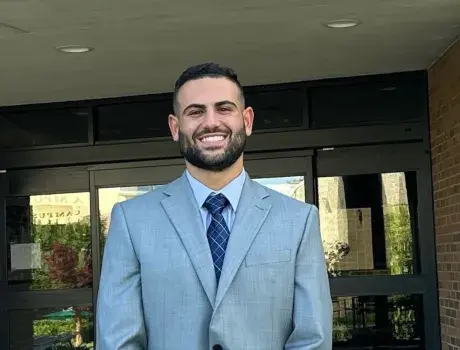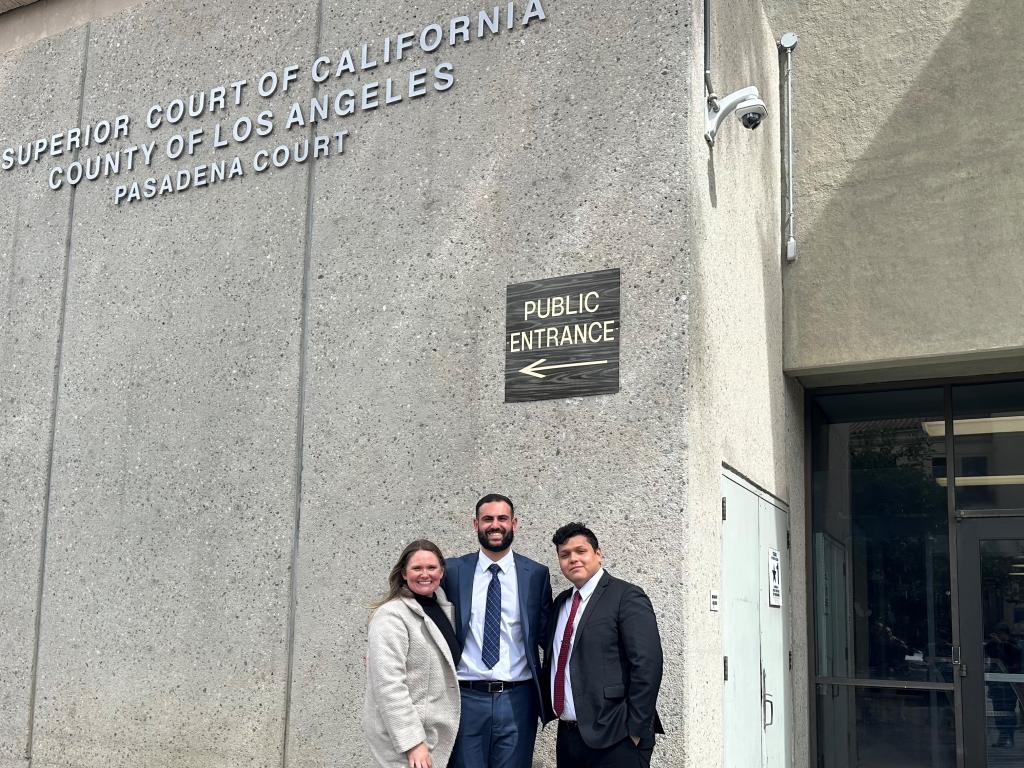Fighting for Fairness Where It's Needed Most

Zaki Farah understands firsthand that for many, the courtroom is not a place of fairness, but a place of fear. His mission is to change that.
The son of Syrian immigrants who fled religious and political persecution, Farah grew up in upstate New York watching his family navigate the immigration system with little support. His father built a photography business from the ground up, but the process of securing asylum and legal residency left a lasting impression on Farah about the fragility of justice in America.
At just sixteen years old, Farah found himself facing the system directly. After intervening in a violent altercation at a party, he was arrested, booked, and detained without a clear understanding of his rights. His parents, unfamiliar with the legal process, could not offer guidance. What followed was a two-year legal ordeal that exposed him to serious gaps in the system.
“Throughout this time, I saw the injustices in the courtroom,” he said. “I thought jurisprudence in this country was everything you could have ever dreamed of. You’re telling me there’s inequities and inadequate representation going on in the United States?”
That experience not only shattered his assumptions, it lit a fire in him to become the kind of advocate he never had.
That fire carried him through Siena College, where he majored in International Relations and Political Science with a minor in Pre-Law. When it came time to apply to law school, RWU Law stood out because of its mission-driven approach and its strong commitment to social justice.
Still, the first year of law school tested him. “It was the hardest year of my life. Harder even than when I was fighting my own case,” he said. But Farah stayed grounded in the purpose that led him to law school in the first place.
With that in mind, he began reaching out for summer opportunities, despite knowing that many 1Ls struggle to land internships, especially outside their law school’s home state. Hoping to spend the summer near his girlfriend’s family, Farah sent applications to dozens of law firms in Southern California. He heard back from two firms – one offering an unpaid opportunity and the other a rejection.
But the rejection didn’t shake him. “You have to stay rooted in your discipline, your passion, and your reason why. Because motivation dies out. But your purpose has to carry you,” he said.
 That purpose led him to Alternative Spring Break during his 2L year, where he was placed with the Los Angeles County Public Defender’s Office. It was, in his words, “the most formative experience of my legal education.” There, he was thrown into active criminal cases, invited into courtroom chambers, and mentored by public defenders and judges who modeled the kind of advocacy he aspires to bring into his own career.
That purpose led him to Alternative Spring Break during his 2L year, where he was placed with the Los Angeles County Public Defender’s Office. It was, in his words, “the most formative experience of my legal education.” There, he was thrown into active criminal cases, invited into courtroom chambers, and mentored by public defenders and judges who modeled the kind of advocacy he aspires to bring into his own career.
Farah returned to the LA County Public Defender’s Office this past summer, and hopes to begin his legal career there after graduation. For him, it’s not just a job. It’s a calling.
“There’s one mistake you can make in life, and that’s not aligning your physical purpose with your spiritual purpose,” he said. “This passion isn’t going to die. I was put here to fight for those who can’t fight for themselves.”
